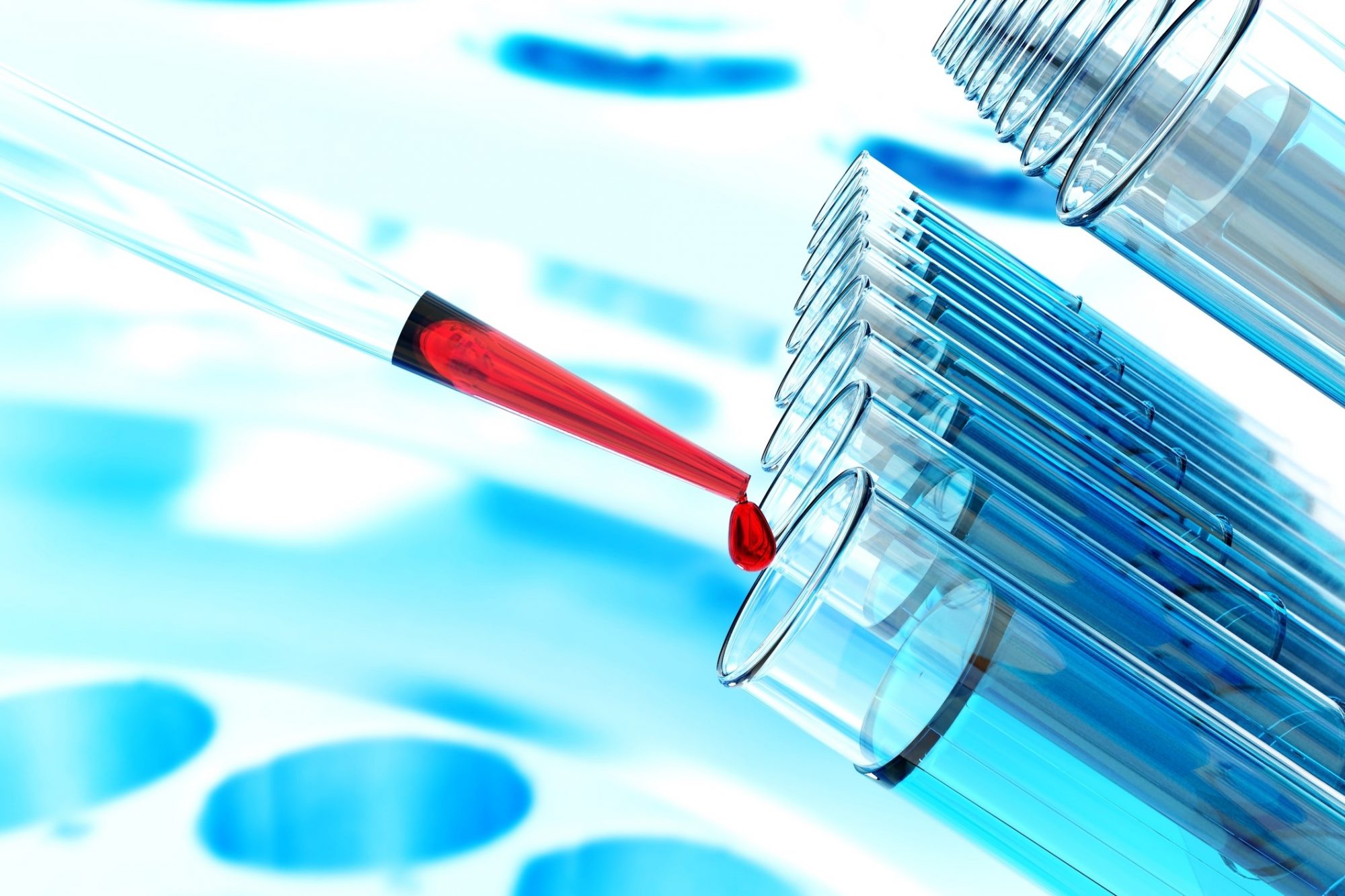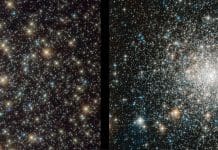Unravelling the mechanisms leading to the formation of blood progenitor and stem cells.
The continuous generation of blood cells throughout life relies on the existence of haematopoietic stem cells (HSC) generated during embryogenesis. They have the ability to self-renew and to generate all types of blood cells. Any pathology affecting these cells could lead to the development of serious diseases such as leukaemia and anaemia. That is why understanding how HSC and haemato-poietic progenitors are produced during embryonic life is important.
The cellular origin of blood stem and progenitor cells has been the subject of an intense scientific debate during the last decade. However, in the last few years, several studies, including ours, have allowed to single out one particular cell type as the source of HSC. It is a rare type of endothelial cells, the building block of blood vessels, endowed with haemat -poietic potential. They form the haemogenic endothelium and can be only detected during embryonic life. The process of the generation of blood cells from haemogenic endothelium is evolutionary conserved since it takes place in many different organisms including the human, the mouse, and the fish species.
Future projects and goals
Recently, the generation of the Embryonic Stem Cell (ESC)-like induced Pluripotent Stem Cells (iPSC) by reprogramming of fully differentiated cell type such as skin cells, provided a major breakthrough for the field of regenerative medicine. However, to fulfill the therapeutic potential of iPSC, essential basic research has to be done to find the way to differentiate them efficiently toward blood progenitor and stem cells.
Consequently, in order to better understand the development of the haematopoietic system, the focus of our research is to unravel the mechanisms underlying the generation of blood stem and progenitor cells from haemogenic endothelium using mouse embryos and the mouse ESC in vitro differentiation system, an ideal setting to define the key molecules involved in haematopoiesis.
Our group is part of the European Molecular Biology Laboratory (EMBL), one of the highest ranked scientific research organisations in the world. At the EMBL Monterotondo unit (Italy), we have access to a state-of-the-art transgenesis facility allowing us to perform advanced mouse biology experiments. Through the other EMBL units in Germany (Heidelberg and Hamburg), France (Grenoble) and United Kingdom (Hinxton) we have access to a very strong set of experts in various fields: structural biology, proteomics, bioinformatics, genomics, cell biology, development biology and advanced imaging. This unique environment allows us to combine different methodological and innovative approaches to address key questions about the mechanisms of cell fate decisions leading to the production of the first haematopoietic cells. It will give us the opportunity to develop new strategies to improve methods of blood cells generation from ESC or iPSC for regenerative medicine.
Christophe Lancrin
Group Leader
The Lancrin Group, European Molecular Biology Laboratory (EMBL)– Monterotondo
Tel: +39 06 90091 218
LinkedIn: http://it.linkedin.com/in/christophelancrin











